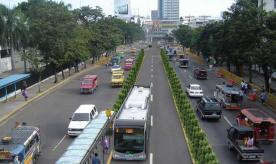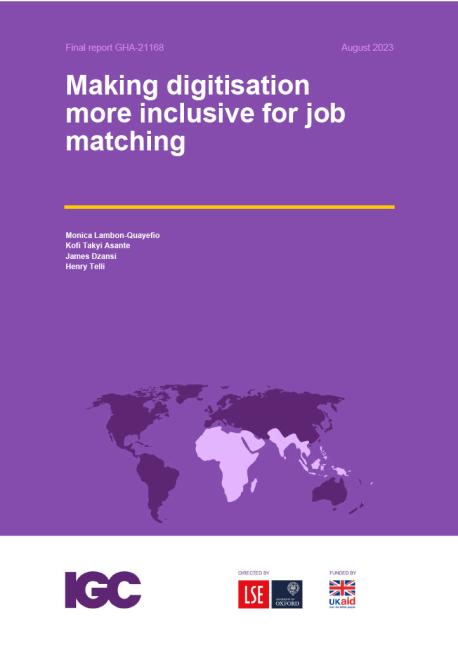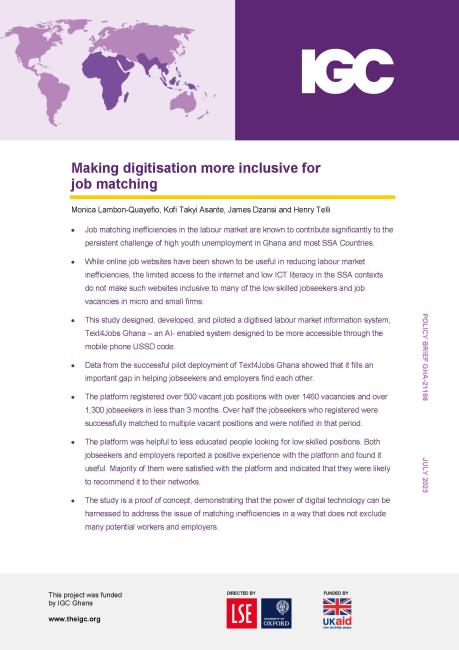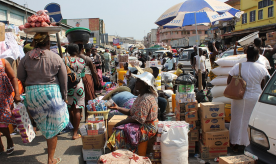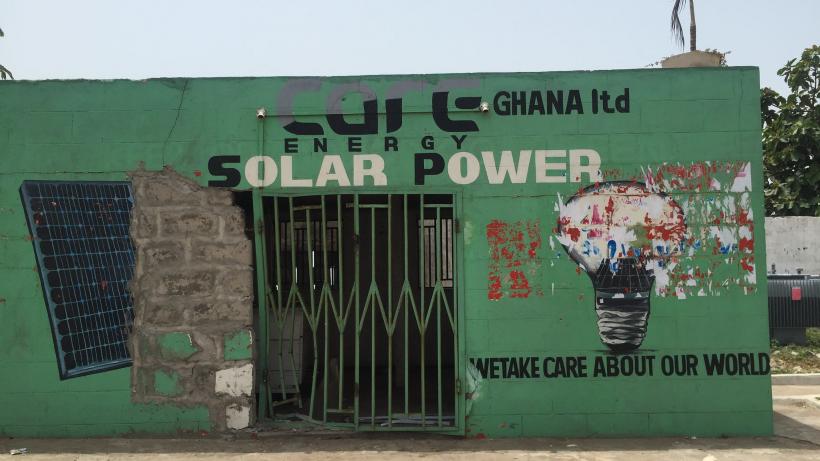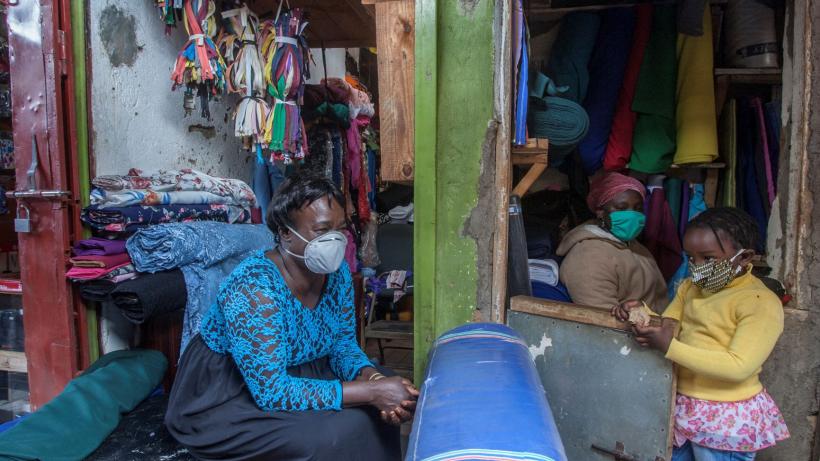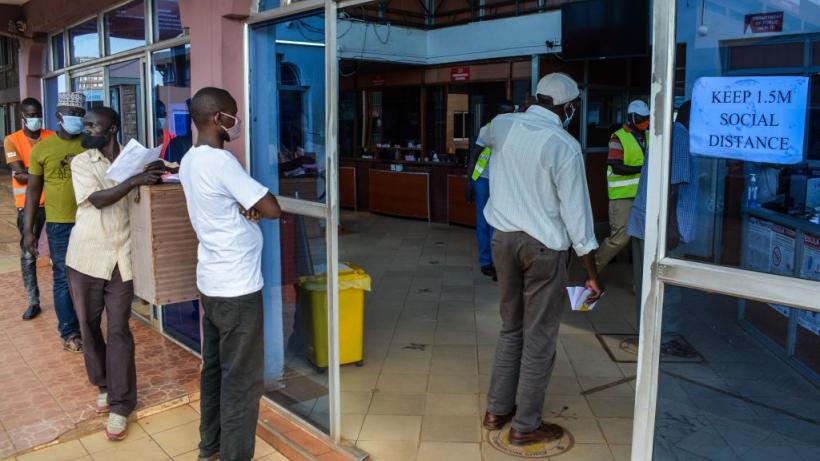Before joining the IGC, Henry was a Lecturer at the Nottingham Trent International College after completing his PhD in Economics at the University of Nottingham. He also worked for Intelligence East Midlands – the research observatory that promotes research-led sustainable development in the East Midlands region, UK. His main research interests are in Labour Economics, Public Policy, Political Economy, Market Structures and Pricing. He has done some work on development dynamics and international migration to the UK; immigration and the European welfare state; and the determinants of European attitudes towards immigration.






